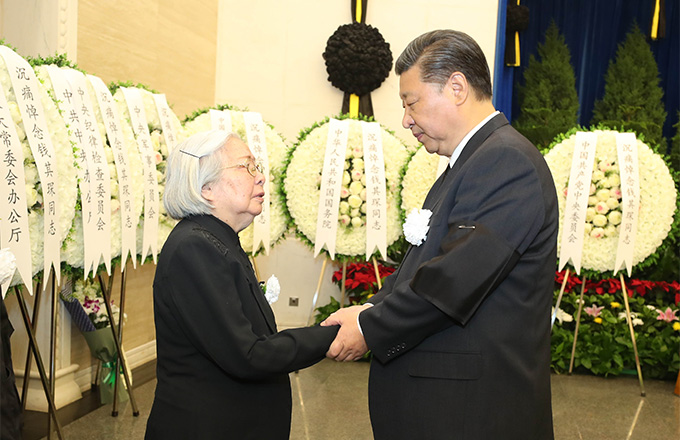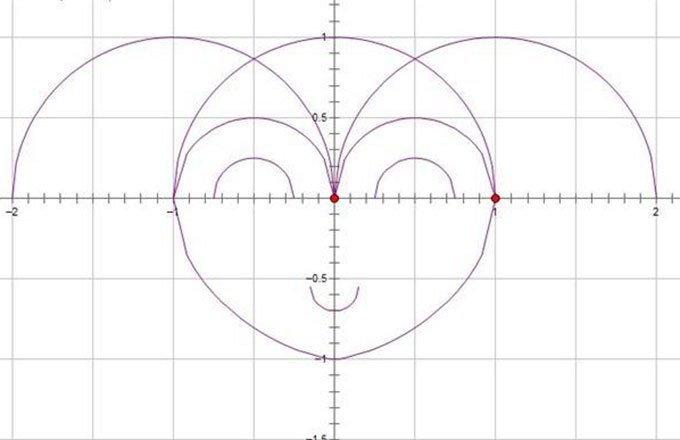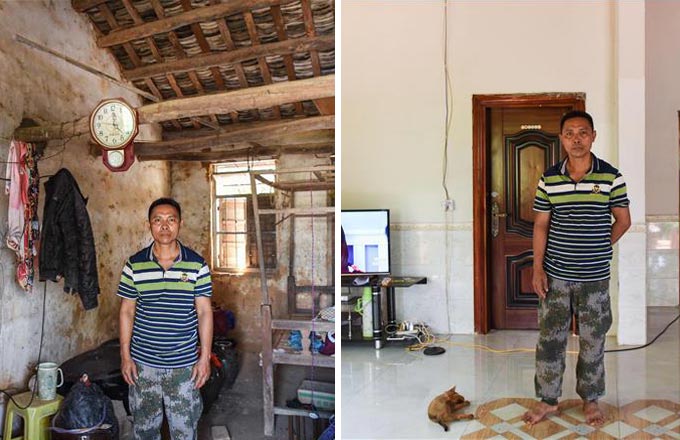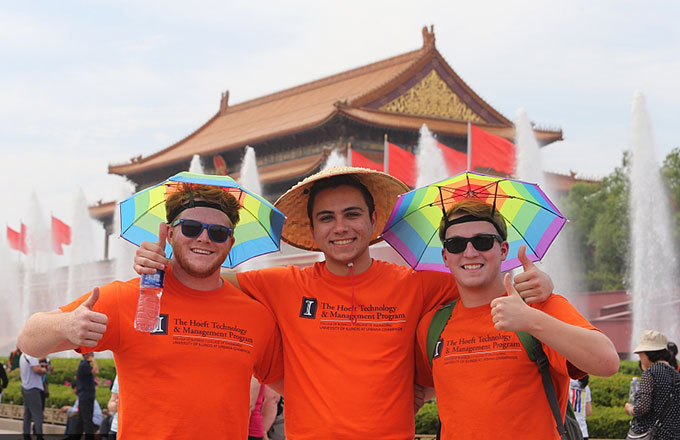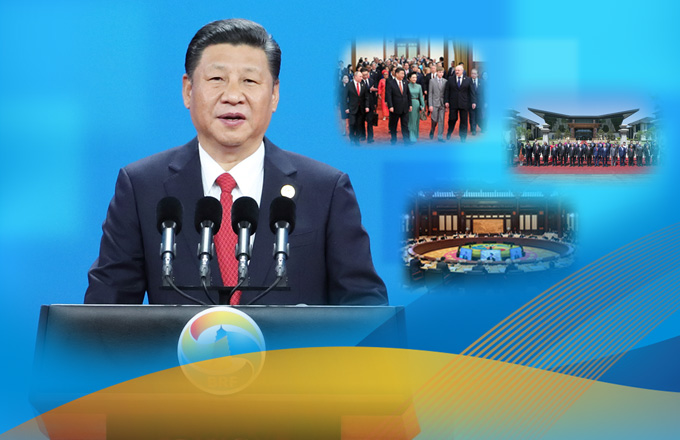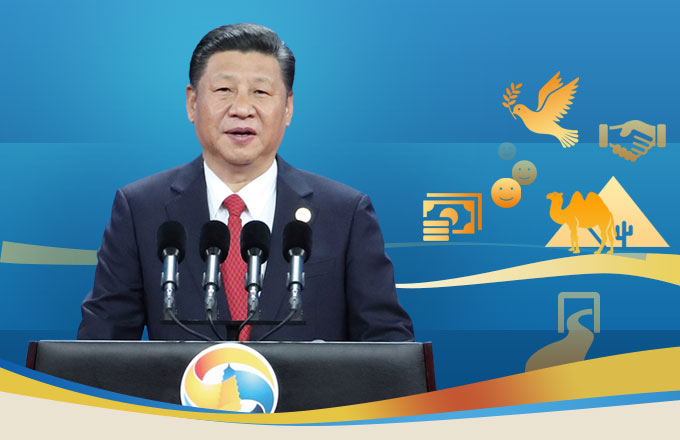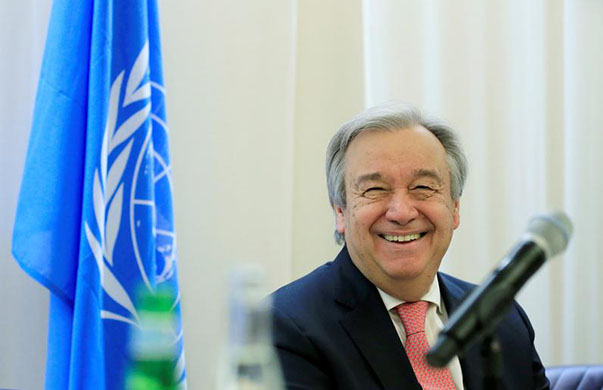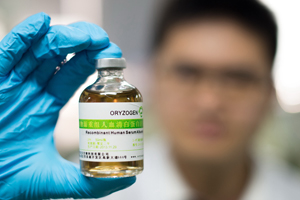Breast milk banks struggling to survive in China
BEIJING - As a nursing mother Liang Juan must pump and freeze her extra breast milk, as she often has too much for her seven-month-old infant. As the milk can only be stored for a maximum of six months, the second-time mother uses the extra to make soap or as a fertilizer for flowers.
For mothers like Liang, there is now another way for them to ensure their unwanted milk does not go to waste, one that helps premature and underweight babies.
The "breast-milk bank" in Xi'an, run by Shaanxi Provincial No 4 People's Hospital, is one of 17 such facilities across the Chinese mainland. The donated milk is distributed to infants deemed high risk, giving them a higher chance of survival.
"Donation is better than wasting this precious resource," said Liang, 33.
Liang said the process to becoming a milk donor was not straight forward. First she had to submit a full medical history, and undergo a blood test to check for diseases such as HIV and hepatitis.
Once she got the green light, her milk then had to be processed so that it could be despatched across the country to children in need. The process included the milk being heated to 62.5 degrees Celsius for half an hour to pasteurize it. The milk is then stored at minus 25 degrees Celsius until it is used.
One abandoned infant who gained from the milk bank was an intersex child nicknamed "Nannan." Nannan was born at 23/24 weeks gestation with severe pulmonary infection, and even worse, Nannan was allergic to milk powder.
After a month of treatment and consumption of donated breast milk, the baby now weighs 1,900 grams, increased by 400 grams.
"Nannan has ceased vomiting and over all, Nannan's condition has improved," said Zheng Fengying, a doctor with the neonatology department and one of the founders of the milk bank.
Since its establishment in May 2015, more than 360 mothers have donated around 260 liters of breast milk to the hospital's milk bank as of last year, which was given to over 700 infants including 400 premature babies.
"Breast milk is not just a food but also has medicinal properties for vulnerable babies in some cases, providing protection against bacteria and viruses," Liu Li, from the Chinese Committee on Children Health, said before National Breastfeeding Day on May 20.
The first breast milk bank in the world was founded in Vienna in 1909. Fast forward, and just over a century later there are now hundreds of milk banks in Europe and North America.
The Chinese mainland set up its first breast milk bank in Guangzhou in 2013. Other cities followed suit, including Shanghai, Chongqing, Nanjing and Beijing.
However, owing to donor and fund shortages, many are uncertain about their future.




